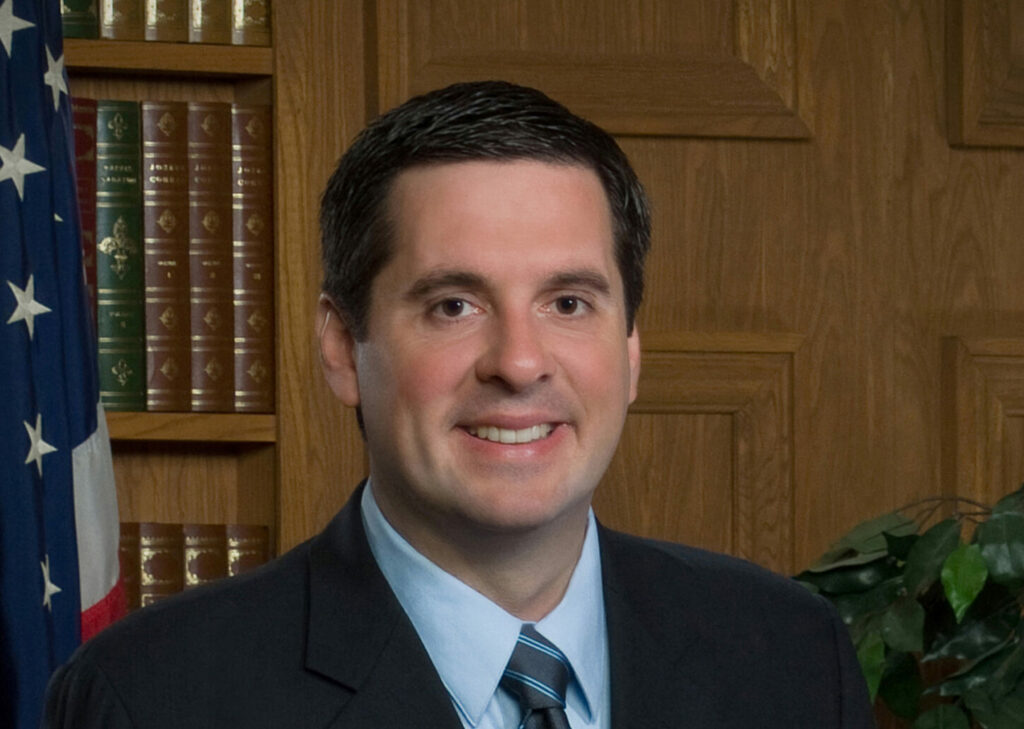California Republicans introduce bill to save Diablo Canyon
June 27, 2022

By KAREN VELIE
California Republicans introduced legislation last week that would keep Diablo Canyon nuclear power plant in San Luis Obispo County operating beyond its expected 2025 closure date.
Rep. Devin Nunes (R., Calif.) introduced the Clean Energy Production Acton Act on July 9. Republican representatives Ken Calvert, Mike Garcia, Darrell Issa, Young Kim, Doug LaMalfa, Kevin McCarthy, Tom McClintock, Jay Obernolte, Michelle Steel and David G. Valadao cosponsored the bill.
After 40 years in operation, Diablo Canyon Power Plant is set to be decommissioned in 2025. Diablo Canyon currently provides 10% of California’s electric power.
In 2016, PG&E agreed to invest more of its resources in energy efficiency and renewables, and to withdraw its application for a license extension.
Late last year, Republican Assemblyman Jordan Cunningham and Democratic SLO County Supervisor Dawn Ortiz-Legg called for officials not to rush the closure of Diablo Canyon. Officials should reconsider whether the nuclear power plant remains open at least 10 years past its scheduled decommissioning in 2025, Cunningham and Ortiz-Legg stated.
In February, 79 scientists sent a letter to Gov. Gavin Newsom requesting help to delay closure of the plant.
In April, Newsom told the L.A. Times editorial board the state would seek $6 billion in federal funds that the Biden Administration allocated for rescuing nuclear reactors facing closure. The Biden Administration has previously encouraged California to consider keeping Diablo Canyon open, rather than shutting it down by 2025.
“Reliable electricity is profoundly important,” Newsom said. The governor also acknowledged the growing number of scientists and activists, as well as former U.S. energy secretaries, who have pressed him to keep Diablo Canyon open for climate-related reasons.






The comments below represent the opinion of the writer and do not represent the views or policies of CalCoastNews.com. Please address the Policies, events and arguments, not the person. Constructive debate is good; mockery, taunting, and name calling is not. Comment Guidelines